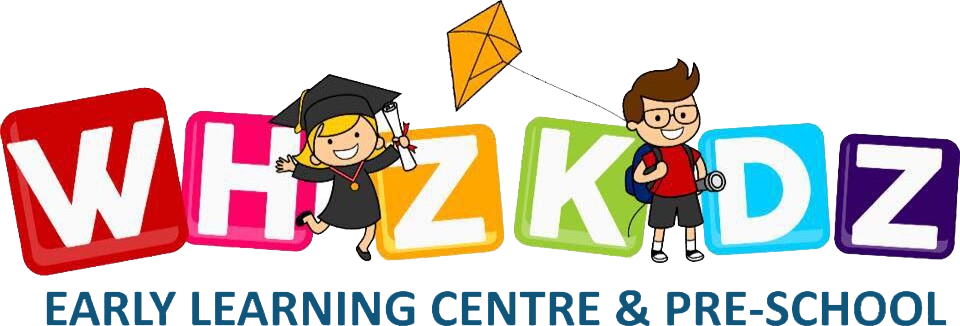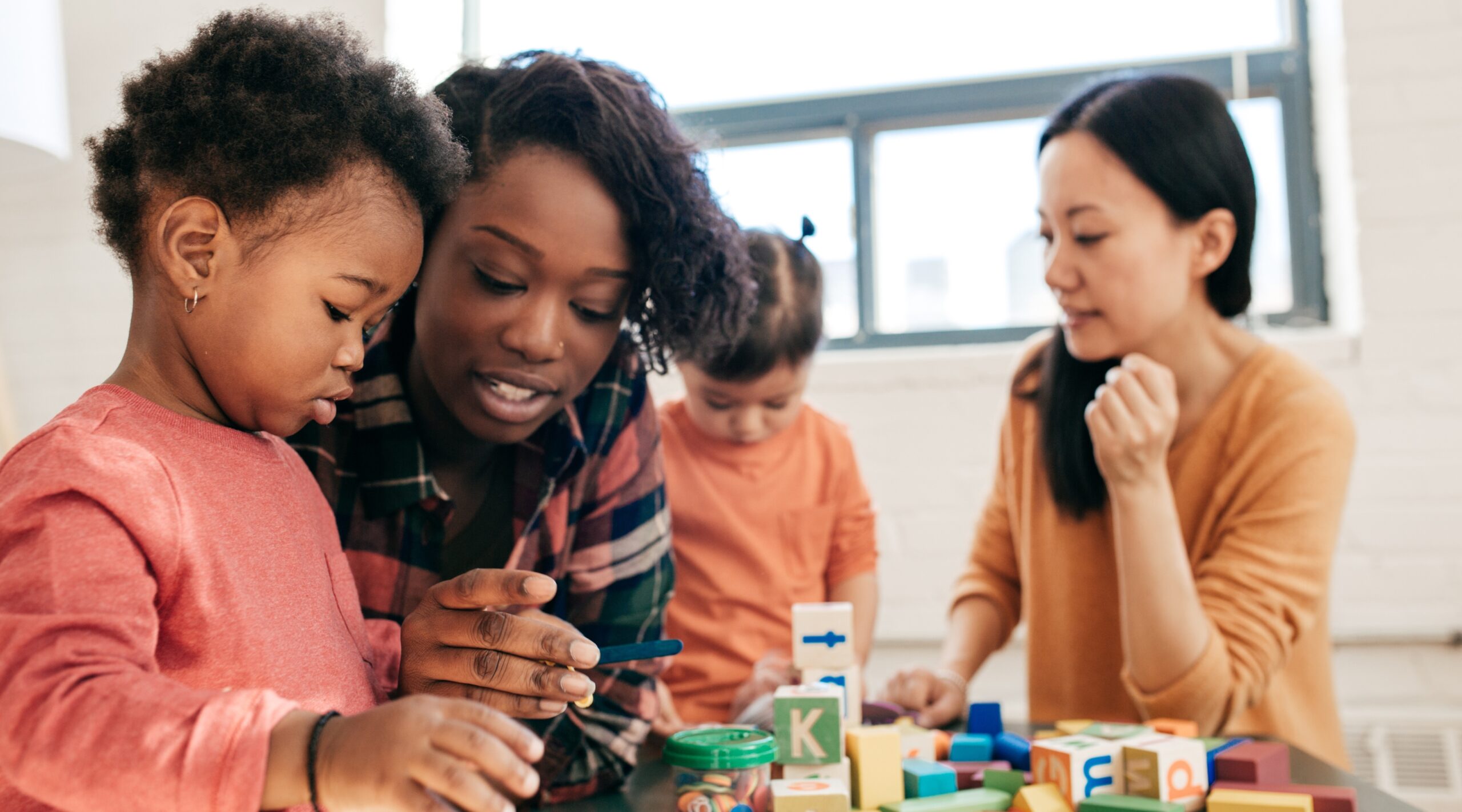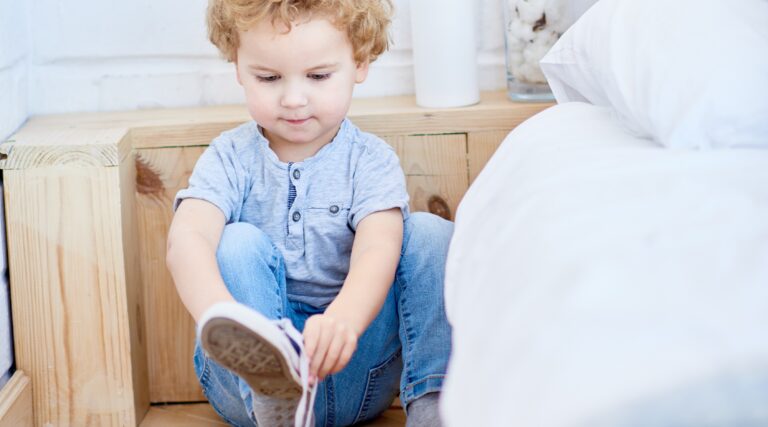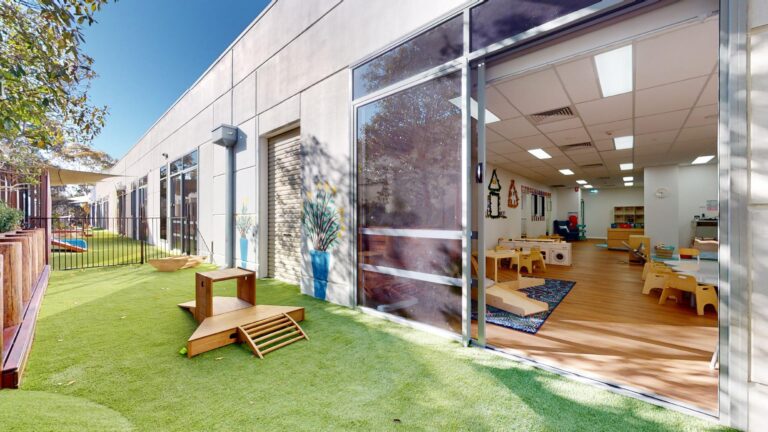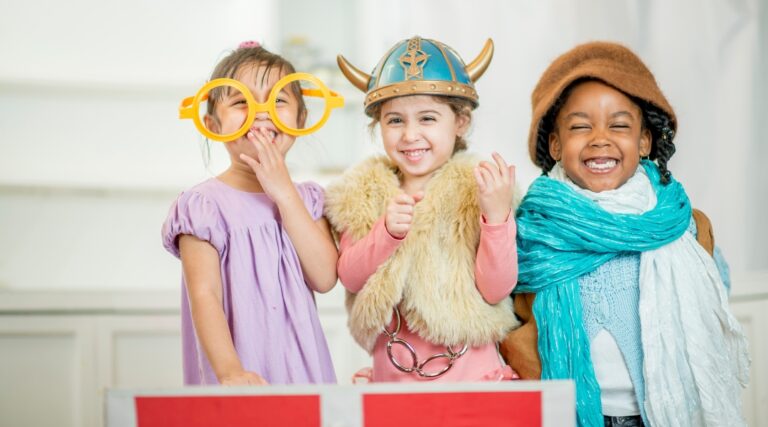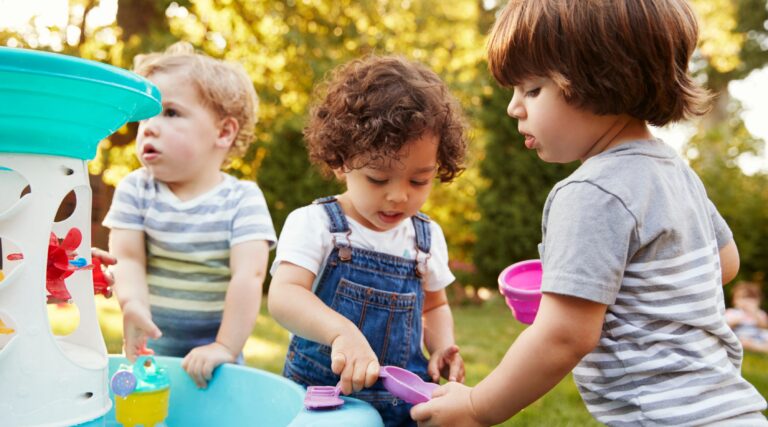The Importance of Social and Emotional Learning in Early Childhood Education
Whiz Kidz Wollert understands how Social and Emotional Learning (SEL) plays a critical role in early childhood education as it provides the foundation for children’s overall well-being and success in school and life. Here are some key reasons why SEL is important in early childhood education:
Development of interpersonal skills
SEL helps children develop essential social skills such as communication, cooperation, empathy, and conflict resolution. These skills are crucial for building positive relationships with peers, teachers, and other adults.
Emotional regulation and resilience
SEL teaches children how to identify and manage their emotions effectively. By learning to regulate their feelings and cope with stress, frustration, and disappointment, children develop resilience and are better equipped to navigate challenges and setbacks.
Positive behaviour and classroom environment
SEL fosters a positive classroom climate where students feel safe, supported, and respected. When children understand and practice social and emotional skills, they are more likely to exhibit prosocial behaviours, such as kindness, empathy, and cooperation, which contribute to a harmonious learning environment.
Academic achievement
Research has shown that SEL is positively correlated with academic success. When children feel emotionally secure and are able to focus their attention on learning, they are more engaged in the educational process and demonstrate higher levels of academic achievement.
Conflict resolution and problem-solving
SEL equips children with the skills they need to resolve conflicts peacefully and solve interpersonal problems effectively. By learning to communicate assertively, negotiate differences, and seek mutually beneficial solutions, children develop important life skills that serve them well in school, relationships, and future endeavours.
Self-awareness and self-esteem
SEL promotes self-awareness by helping children develop a deeper understanding of their own thoughts, feelings, strengths, and weaknesses. This self-awareness lays the foundation for healthy self-esteem and self-confidence, empowering children to set realistic goals, advocate for themselves, and take ownership of their learning and behaviour.
Respect for diversity and inclusion
SEL fosters an appreciation for diversity and inclusion by promoting empathy, tolerance, and acceptance of others. When children learn to value and respect differences in culture, background, abilities, and perspectives, they develop a more inclusive worldview and contribute to a more harmonious and equitable society.
Lifelong well-being and success
The social and emotional skills developed in early childhood lay the groundwork for lifelong well-being and success. Children who are proficient in SEL are better equipped to form positive relationships, make responsible decisions, adapt to change, and navigate the complexities of adult life.
In summary, social and emotional learning is essential in early childhood education as it supports children’s holistic development, enhances their academic achievement, fosters positive relationships, and equips them with the skills they need to thrive in school and beyond.
The team at Whiz Kidz Wollert want your child to succeed. This is why we foster an environment that emphasises the importance of social and emotional learning.
